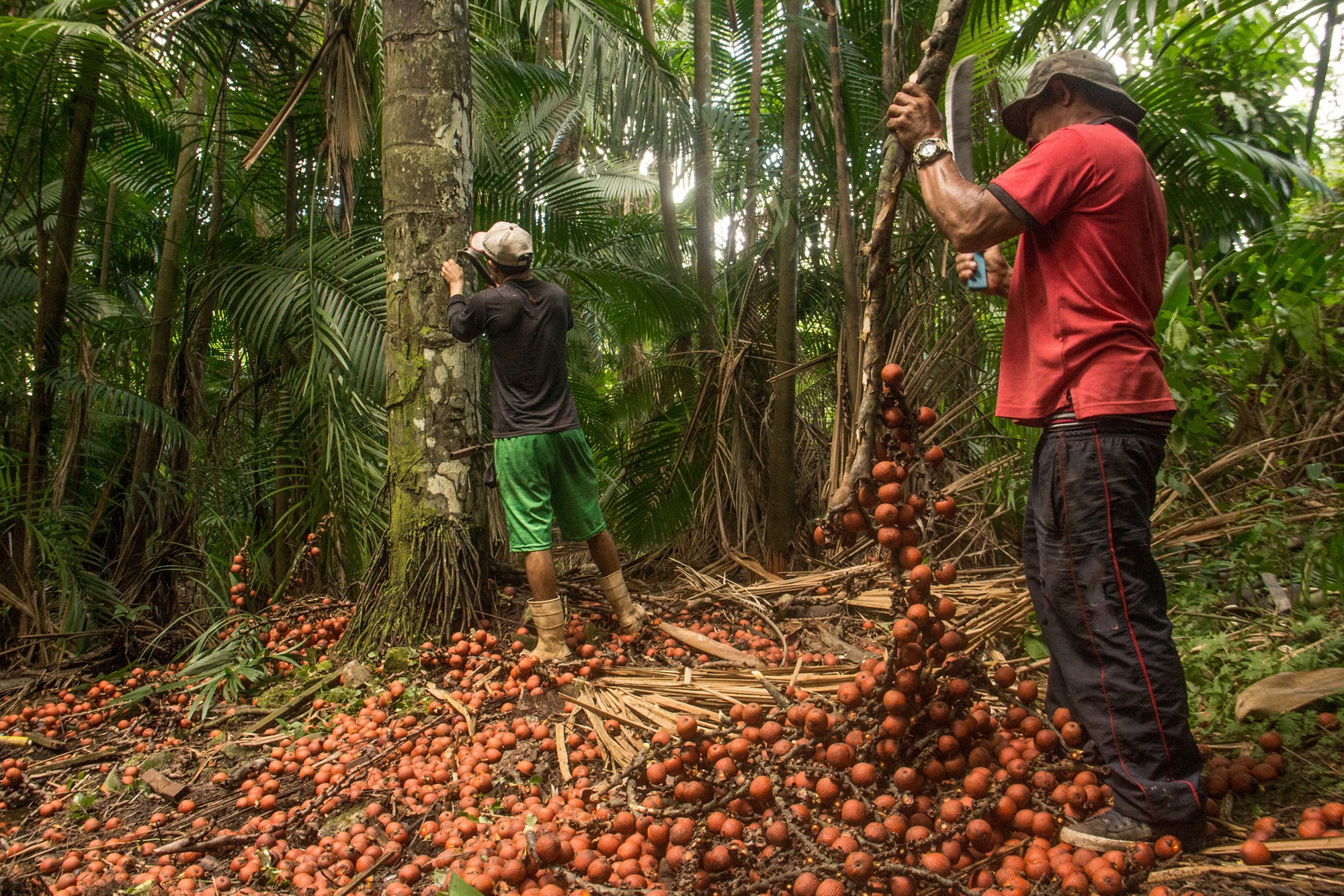For almost 30 years, GEF has invested $3.65 billion in sustainable forest management (SFM) across 640 projects.
This is its first comprehensive evaluation of that support, reviewing outcomes and lessons from efforts to conserve biodiversity, mitigate climate change, and sustain forest-based livelihoods.
With deforestation and commodity pressures persisting, the evaluation examines what has worked and where progress is still needed.


Evaluation overview
- GEF projects expanded protected and restored forest areas, delivered biodiversity and ecosystem gains, and generated socioeconomic co-benefits such as community empowerment and gender equity.
- Positive results were strongest when projects engaged local institutions, strengthened forest tenure, and built capacity to manage trade-offs. However, weak monitoring and limited attention to drivers of deforestation reduced effectiveness, and sustainability was harder to secure without broader policy and institutional support.
- The report recommends establishing a clear long-term SFM strategy, strengthening monitoring of environmental and socioeconomic outcomes, and supporting national and local institutions to manage trade-offs and sustain benefits.
Methodology
The evaluation covers 640 projects since the pilot phase, drawing on 243 terminal evaluations, portfolio review, interviews, and case studies in the Amazon and Congo Basin.





